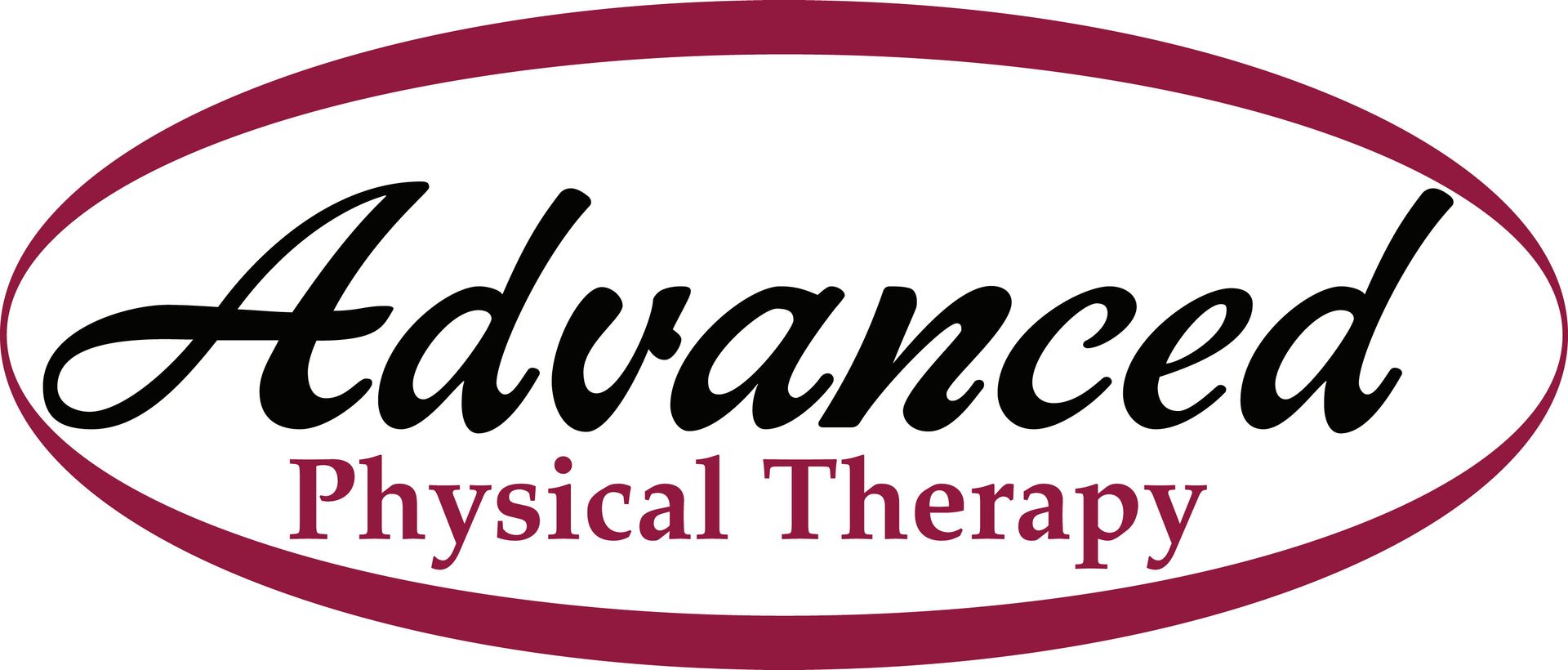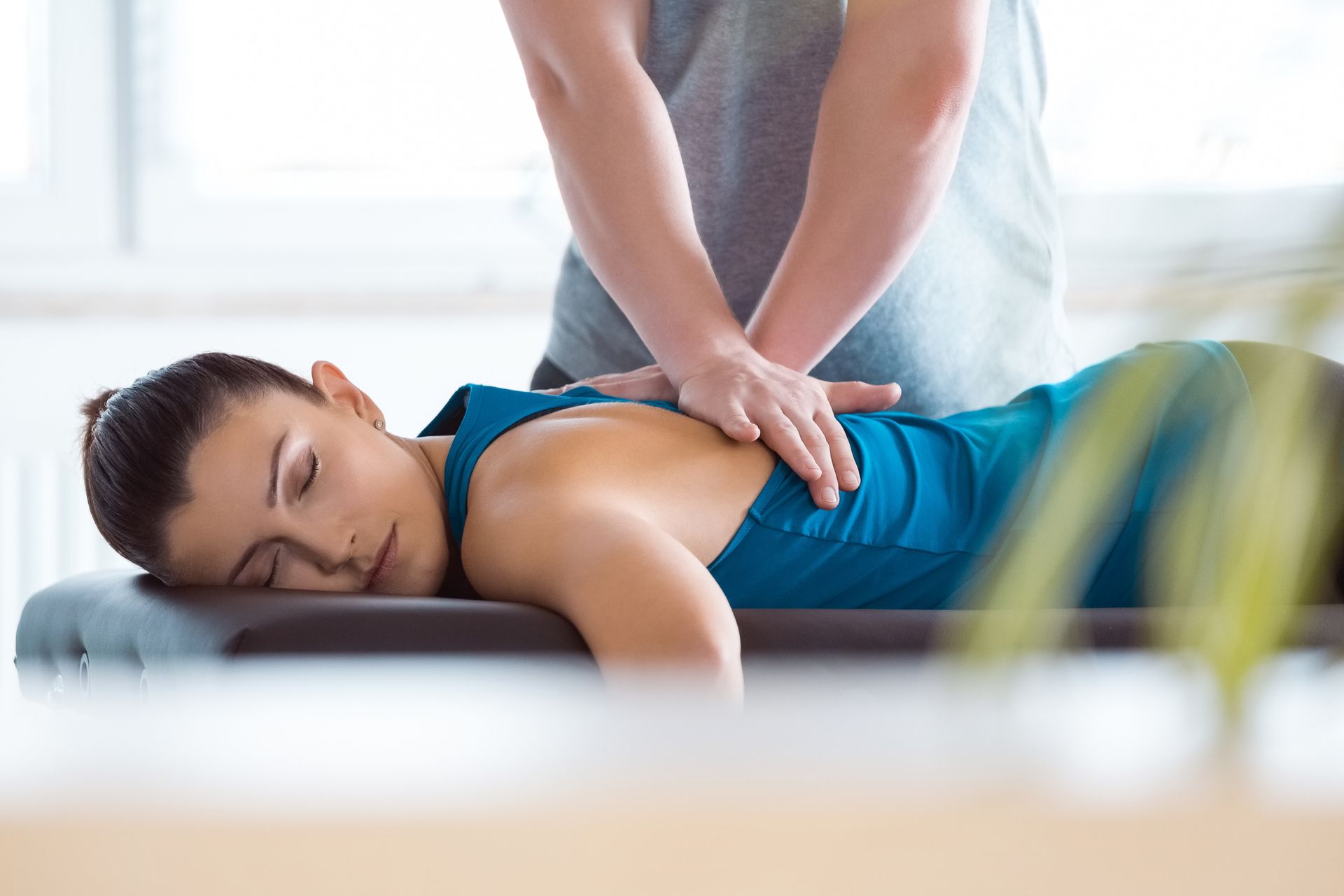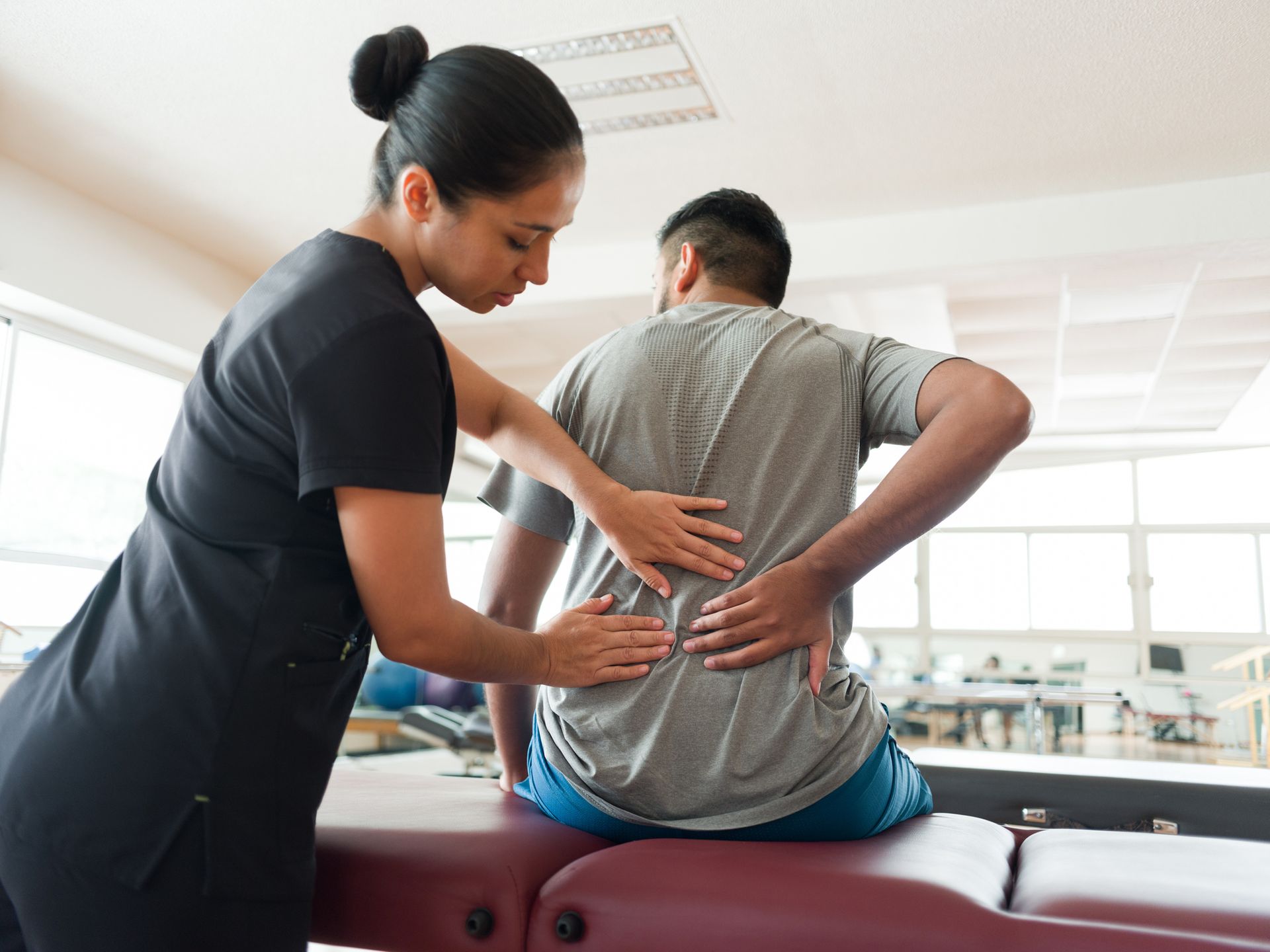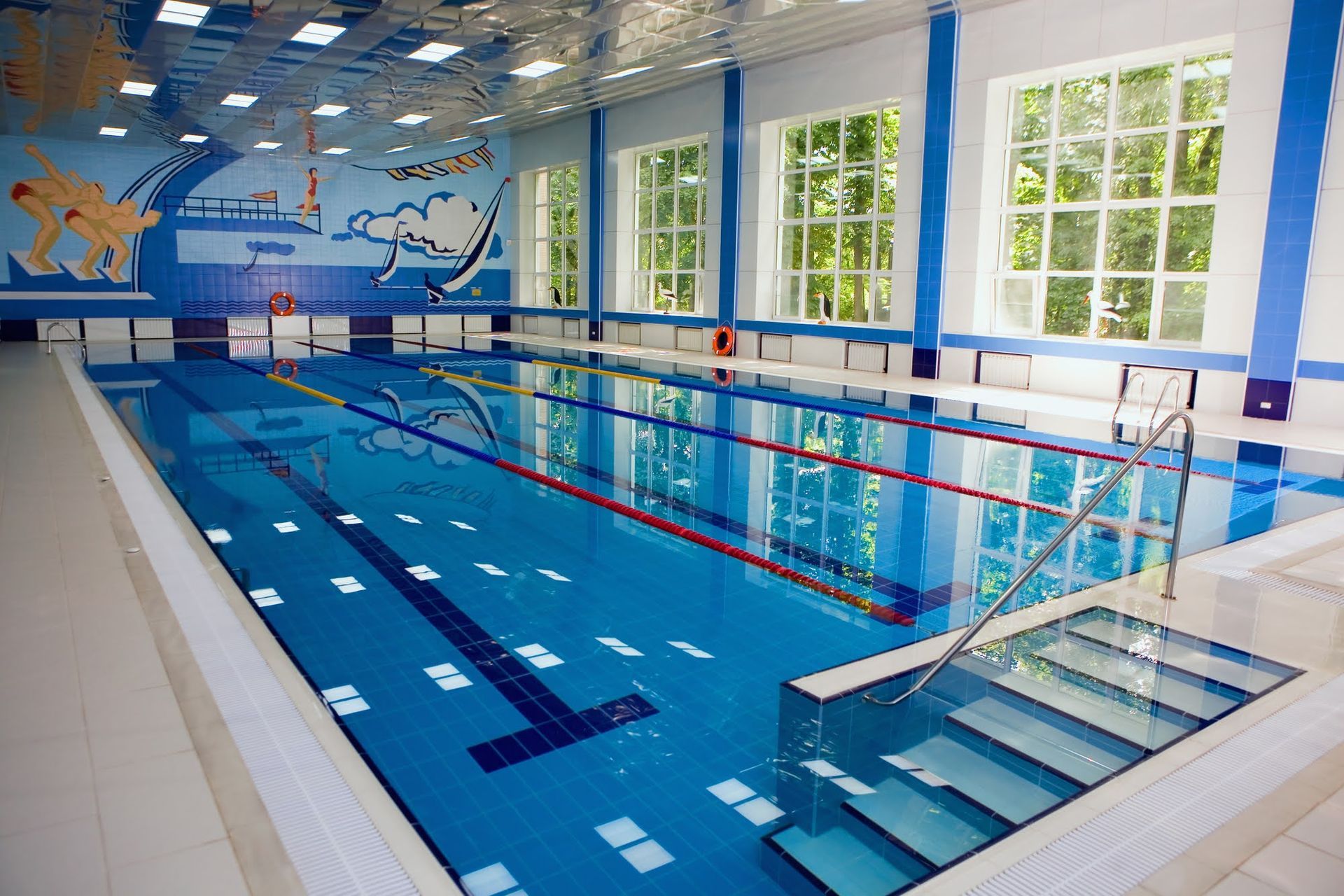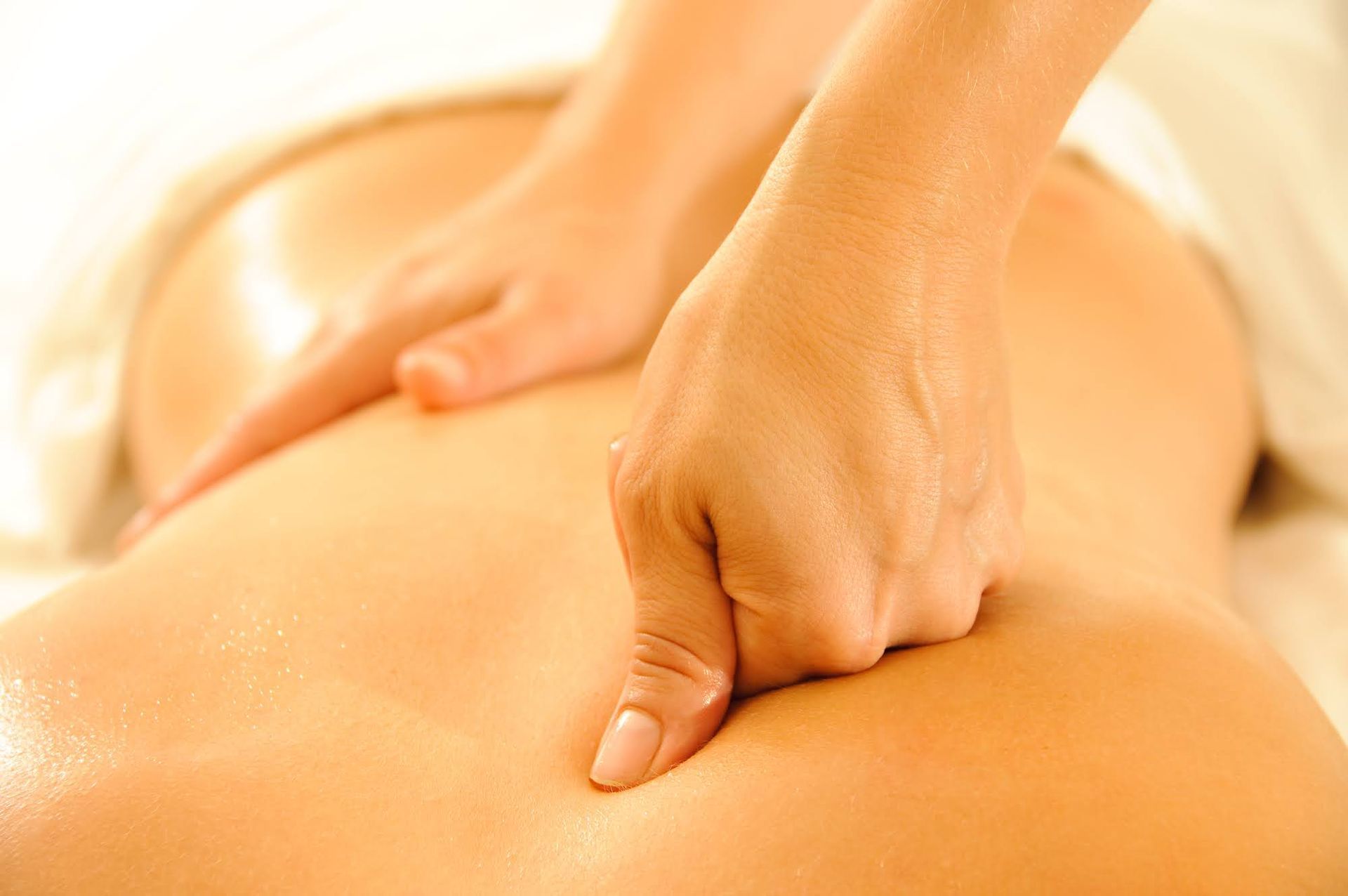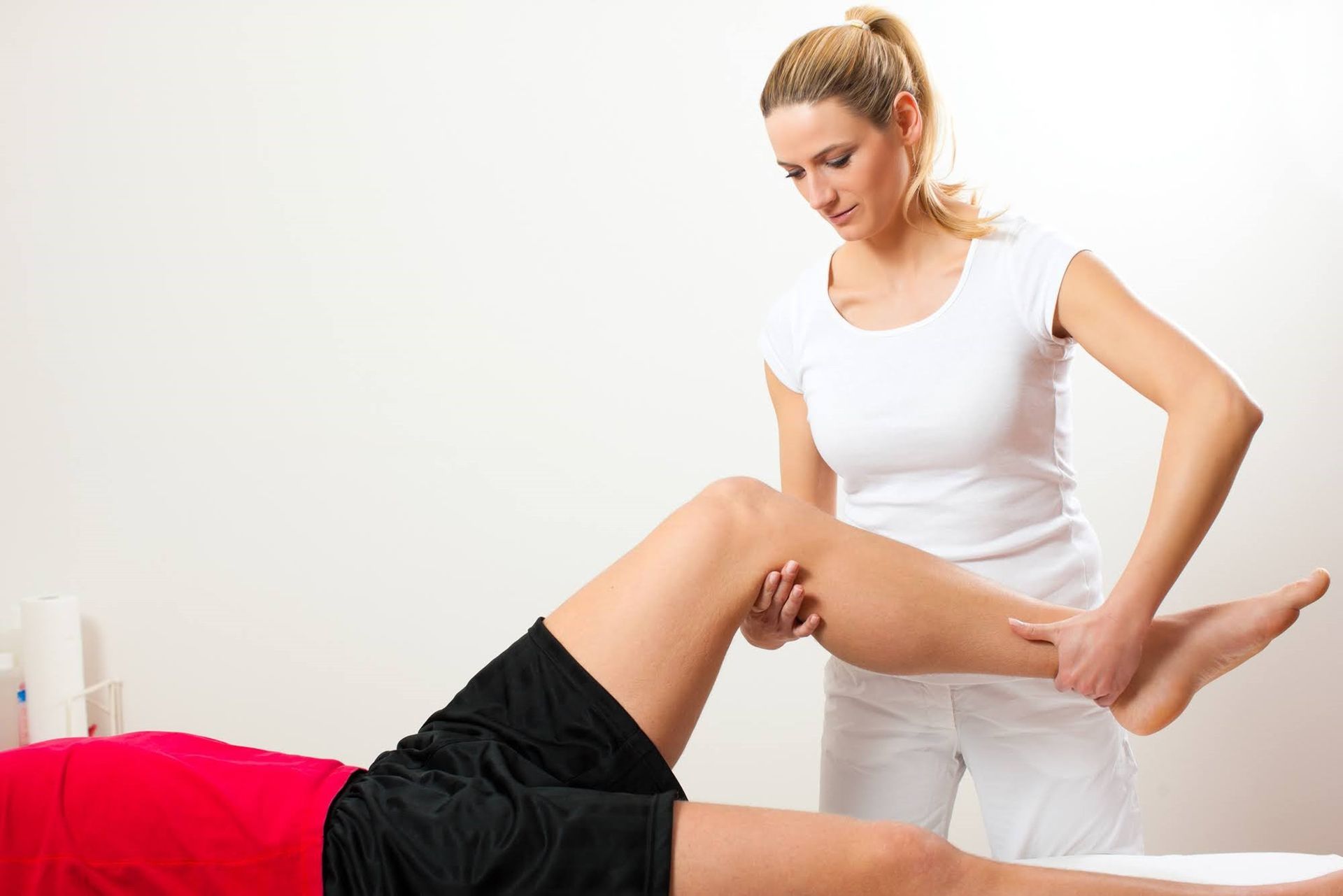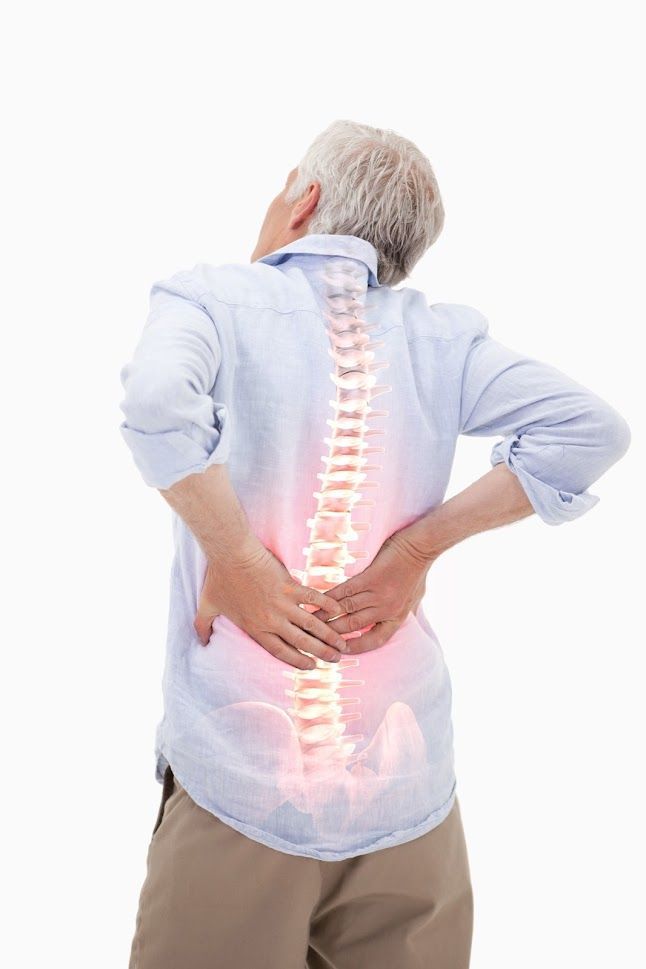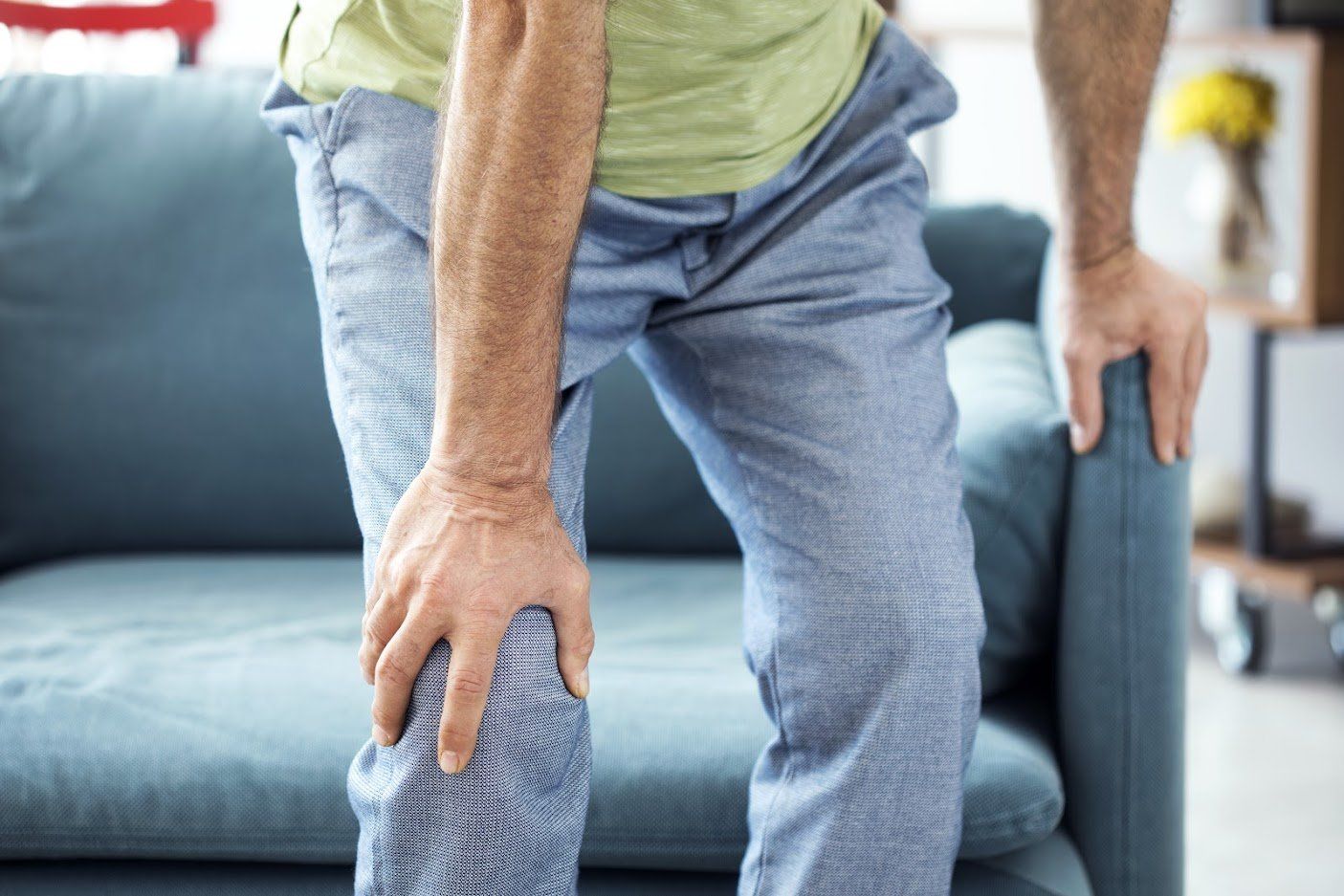Which Type of Physical Therapy Is Right for You?
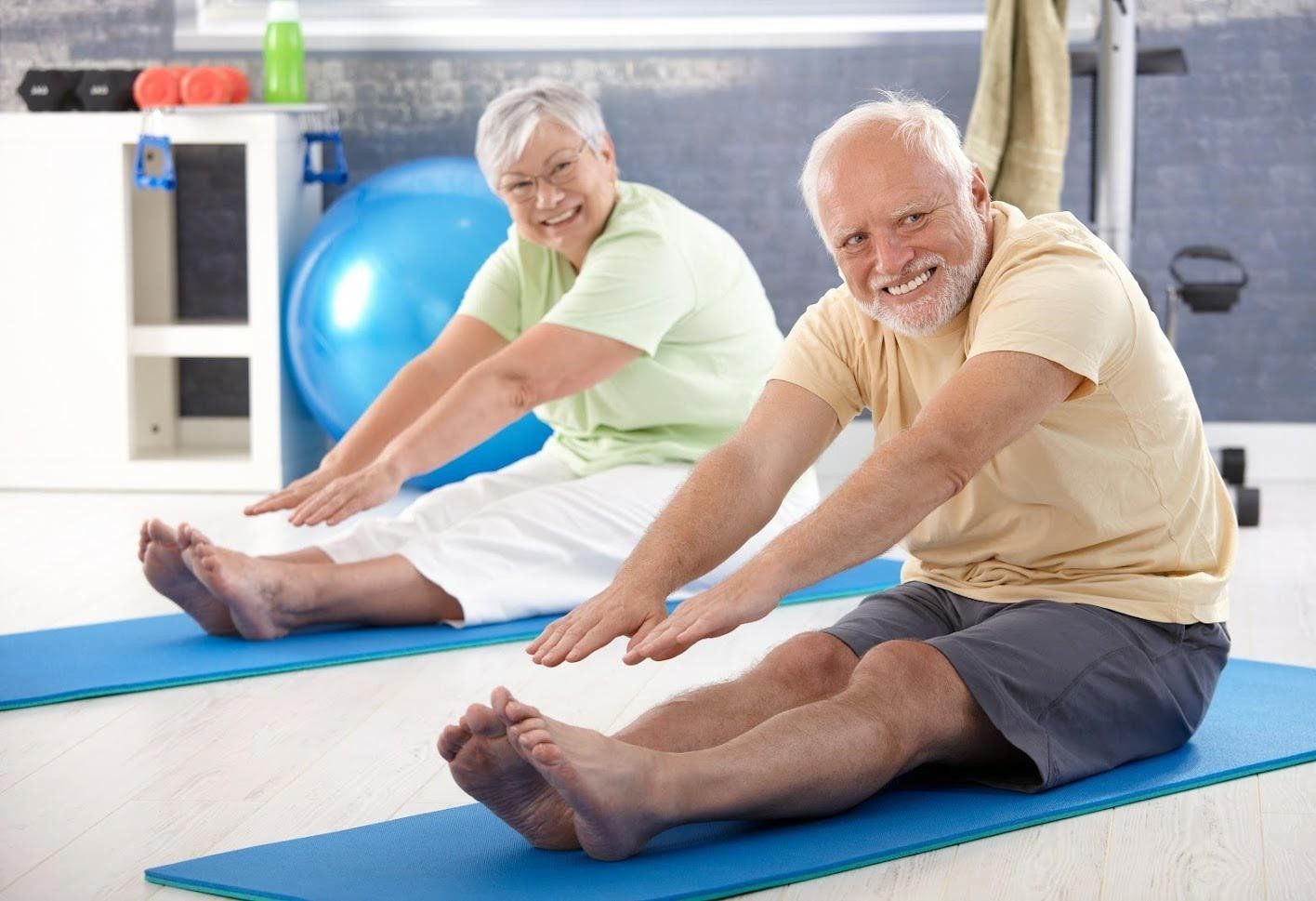
In many cases, a doctor may recommend physical therapy after an accident. However, just about anyone can benefit from some form of physical therapy. If you would like to know more, check out these four common types of physical therapy to determine which is right for you.
1. Exercise Therapy
As you get older, staying active can be hard, especially if you have a sit-down job. However, this inactivity weakens the muscles that help support your back. As a result, your back's joints and muscles can experience more strain, leading to chronic back pain. Adding poor posture to the mix can also worsen the condition, especially if some muscles become too short and others become too long.
The long muscles become too weak to help support your body, and the short muscles are tight with little flexibility. This often leads to muscle strains and sprains in the back. Due to the cause of this type of pain, exercise therapy is a great choice.
During this type of physical therapy, your therapist can teach you stretches and exercises that can help immediately reduce some pain. However, more importantly, they'll teach you exercises and stretches that will better strengthen your muscles, so they work better in the future, which will naturally reduce pain. Plus, they will teach you the right form, so you don't cause more strain while exercising.
2. Geriatric Therapy
People who are older may need specialized physical therapy with geriatric therapy. Overall, it has the same goal as exercise therapy: to reduce pain and improve mobility. However, it is directed toward seniors, who may have unique concerns and problems, such as chronic pain, vision impairment, or hearing impairment.
Plus, many seniors are more likely to have experienced stroke, heart disease, or joint replacement. Ideally, with geriatric therapy, you will reduce your risk of falling, reduce the need for some medications, or reduce symptoms from chronic conditions. Because of the patient's age and possible other conditions, geriatric therapy may be best alongside orthopedic, cardiopulmonary, and neurological physical therapy.
3. Post-Surgical Therapy
Naturally, some surgical procedures don't require any treatment after you recover. For example, after removing your tonsils, you don't need to relearn how to use your throat. However, surgeries that involve joints, ligaments, or bones
can lead to limited mobility and reduced range of motion after the surgery. As an extra insult, this lack of strength and mobility can lead to chronic muscle and joint pain.
Treatment depends on the severity of your symptoms. If you had surgery on your leg and are unable to walk on it until it fully heals, you'll have to regain mobility and range of motion, but you'll also have to restrengthen the leg. In severe cases, the muscles may have atrophied so much that the leg can't support you.
During post-surgical therapy, however, you may also have to establish and understand your limitations. In addition, you and your therapist will create goals and show you alternative ways to perform daily activities.
4. Aquatic Therapy
Aquatic therapy is often for adults and seniors with limited mobility. The goal is to get in some exercise to help strengthen muscles and joints. However, unlike exercise therapy, everything is done in the water. This limits the number of exercises because you need to keep your head above water, but it also takes all the stress off joints.
Because of the nature of water, aquatic therapy is great for people with arthritis. If you have arthritis, you know exercise is important for reducing symptoms. However, activities like walking on land put a lot of strain on your joints, which can worsen arthritis or cause more joint damage. The water allows you to get the benefit of exercise and stretches without the strain.
Physical therapy can benefit many people. Because so many different types of physical therapy are available, be sure to find the perfect one for you. If you would like to learn more or if you're ready for your first visit, contact us at Advanced Physical Therapy today.
Blog
Contact Information
ADDRESS: 2127 Rhawn St, Philadelphia, PA 19152
PHONE:
(215) 742-8099
FAX:
(215) 742-1871
EMAIL:
[email protected]
HOURS OF OPERATION:
- Monday
- -
- Tuesday
- -
- Wednesday
- -
- Thursday
- -
- Friday
- -
- Saturday
- Closed
- Sunday
- Closed
ADDRESS: 2127 Rhawn St, Philadelphia, PA 19152
PHONE:
(215) 742-8099
FAX:
(215) 742-1871
EMAIL:
[email protected]
HOURS OF OPERATION:
- Monday
- -
- Tuesday
- -
- Wednesday
- -
- Thursday
- -
- Friday
- -
- Saturday
- Closed
- Sunday
- Closed

